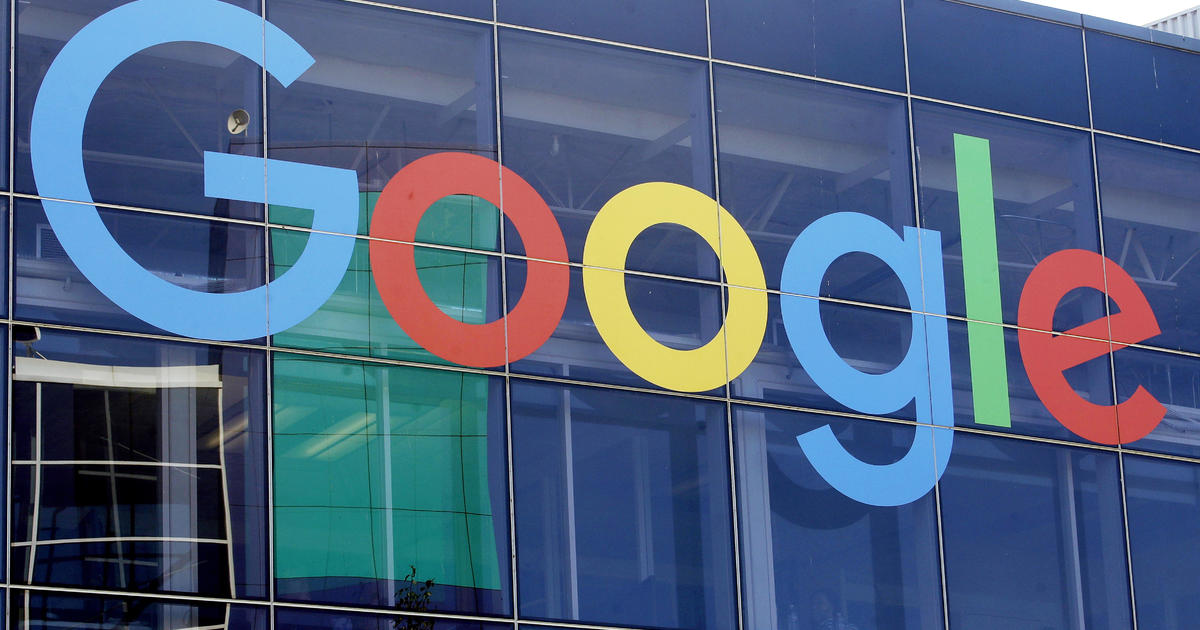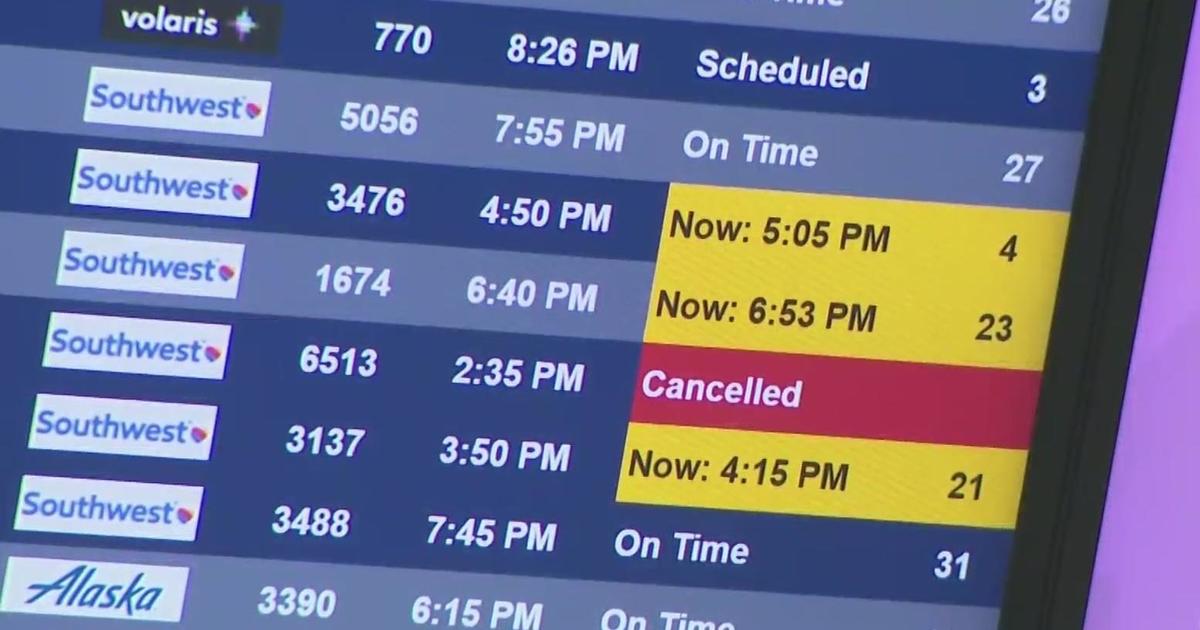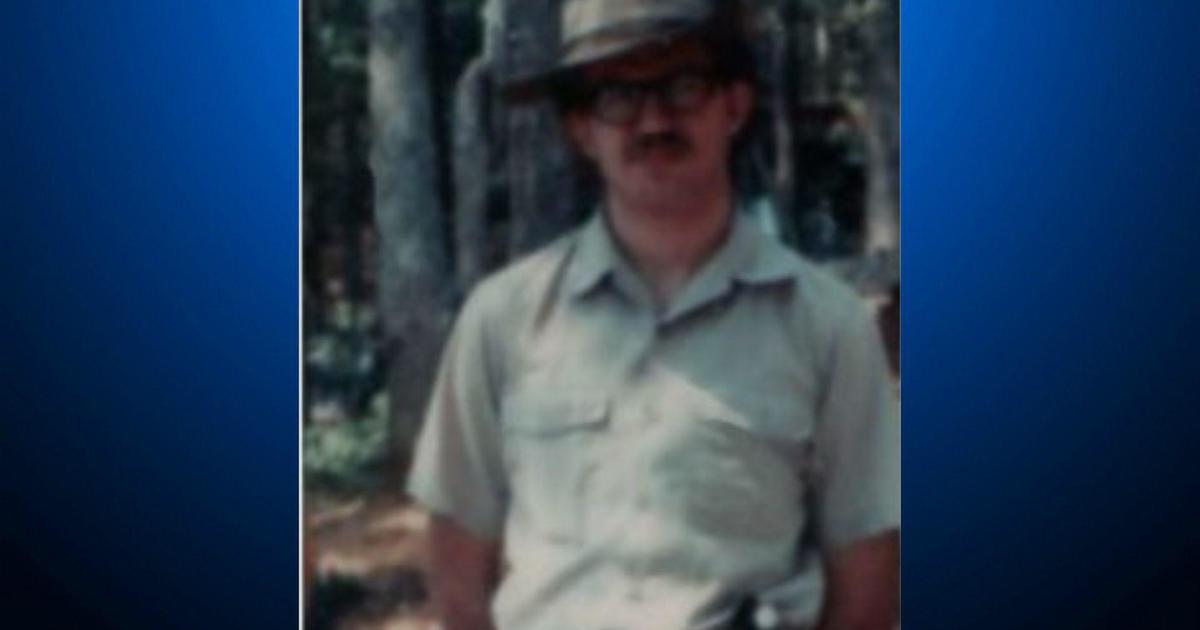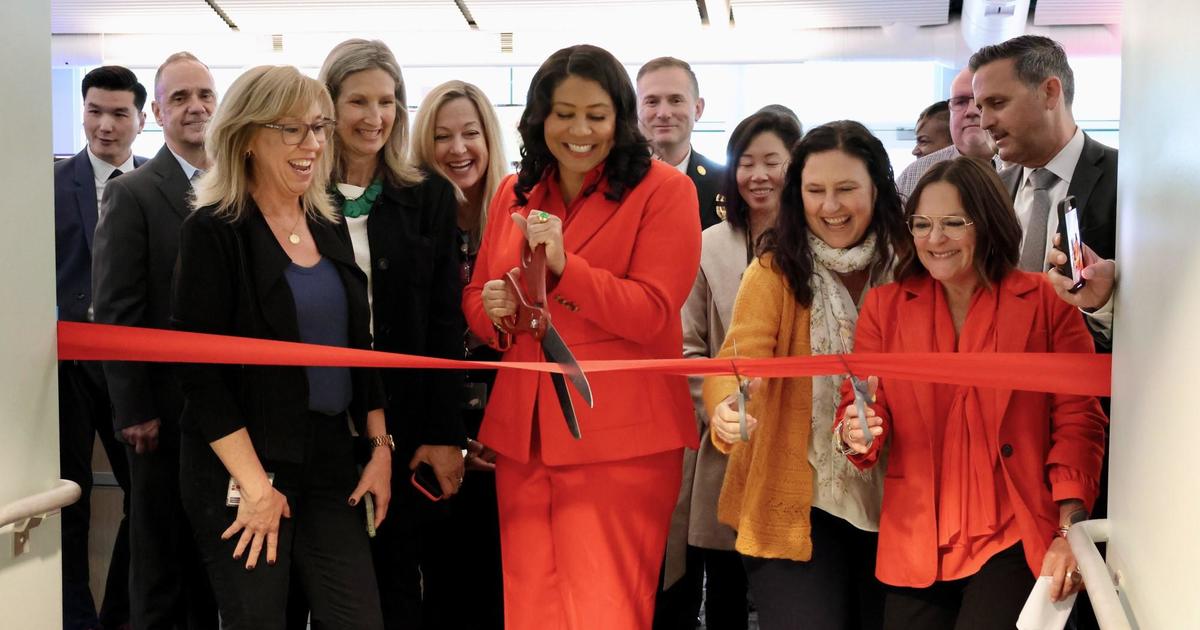As Recycling Centers Close Statewide, Consumers Lose Millions in Deposits
SACRAMENTO (AP) -- California consumers lost out on at least $308 million in nickel deposits on cans and bottles in 2018, largely because it's increasingly difficult to find a place to recycle them, according to a new report made public Thursday.
In the last five years, about 40 percent of California's recycling centers have closed, with more than 100 closing in Los Angeles County alone. The state says 1,600 centers remain open statewide but advocacy group Consumer Watchdog said there are still barriers to Californians finding a place to recycle and that many grocery stores won't take back the empties.
The group's report suggests several reforms to California's 33-year-old recycling program, which has struggled to be profitable. Democratic state Sen. Henry Stern has also proposed changes to the program.
"Californians plunk down a nickel for their cans ... but increasingly they're only getting half that nickel back on average," said Consumer Watchdog president Jamie Court. "Consumers are losing, the environment is losing."
The organization faults state regulators for lax oversight, saying they should more aggressively fine major retailers that won't redeem containers or undercount the number of deposits they collect. It says the California Department of Resources Recycling and Recovery, known as CalRecycle, should spend more money to promote recycling centers and punish companies that hoard deposits.
"Overall, the program has been highly successful, but recent years have brought challenges," responded CalRecycle spokesman Mark Oldfield, citing broader market conditions. He said the agency is looking for ways to help increase buy-back locations but put the amount of unredeemed deposits at $272 million, which the consumer group says omits administrative fees required by law that bring the total to $308 million.
The consumer group provided an advanced copy of its report to The Associated Press.
It recommends doubling the amount of deposits to a dime for each glass or plastic bottle or aluminum can to encourage more consumers to recycle, similar to the deposits required in Oregon and Michigan.
Consumers there recycle at least nine of every 10 containers. About three in four containers are recycled in California, but that includes those redeemed by bulk haulers as well as individual consumers. California currently charges 5 cents for containers under 24 ounces and 10 cents for larger containers.
Beyond the $308 million in unclaimed deposits, the group alleges consumers are missing out on hundreds of millions of dollars more, including $200 million in deposits that go to commercial trash haulers and bulk collectors. It also cites a 2014 report from the Container Recycling Institute that shows an undercount in bottle deposits paid by consumers, though Oldfield said that number has never been substantiated.
On the legislative side, Stern's bill would restrict which retailers must accept containers and allow about $3 million in annual incentives to low-volume recycling centers to try to keep them open. A similar bill passed last year but former Gov. Jerry Brown vetoed it.
Stern said he is trying to help smaller "mom and pop" grocery stores while restoring some incentives for recyclers.
"A lot more work has to be done in this area and I'm hoping to work with consumer advocates to make sure people are getting a fair shake here," Stern said.
Court said he hopes Stern's bill is a starting point for negotiations.
"It's not an overhaul of the system, it in fact creates more exemptions for the grocery stores, which is bad," Court said. "It does a couple things, but it doesn't go far enough."
Stern said the system needs improvements before consumers are asked to make larger deposits. Although Democrats control two-thirds majorities in both legislative chambers, Stern said they are cautious about raising fees, even though in theory consumers would get their higher deposits back when they recycle.
"But if we can make a case that there's a good market rational, I'm open," he said.
From CalRecycle communications spokesperson Mark Oldfield released this statement to KPIX:
"Global recycling market variables have been trending downward over the past few years. Still, California prioritizes supporting its recycling programs, including the one covering beverage containers.
CalRecycle has taken action to stabilize the program subsidies paid to beverage container buyback centers to help cover the cost of processing materials, and will continue to explore ways to support the program.
That said, beverage container recycling centers are private businesses and many have decided to close in recent years, despite the subsidies they receive from the program, due to economic conditions affecting the industry as a whole. So while the program has a history of success, improvements are needed to further assist existing buy-back locations and to reestablish them in certain areas. Overall, the program has been highly successful, but recent years have brought challenges.
It's also important to remember that typically consumers have a choice of what to do with their empty beverage containers – they can take them to a recycling center for a refund of the fee paid at checkout, they can donate it via the curbside bin or another type of collection program, or they can throw it away, which means nobody claims the refund.
Although the recycling rate has declined in recent years, for many years prior it was above the statutory goal of 80 percent, which still leaves unclaimed refunds. Unclaimed refunds are allocated via statute to a number of recipients and programs that support beverage container recycling, including tens of millions of dollars each year in subsidies to recycling centers."
© Copyright 2019 CBS Broadcasting Inc. All Rights Reserved. The Associated Press contributed to this report



